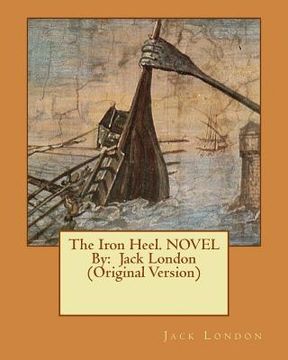Jack London (1876-1916), seudónimo de John Griffith Chaney, es uno de los grandes escritores estadounidenses de los albores del siglo XX. Su mundo se inspira en una interpretación muy subjetiva de la filosofía de Nietzsche y se construye a partir del principio de lucha por la supervivencia. Nacido en San Francisco, fue esencialmente un niño autodidacta que leía con avidez los fondos de la biblioteca pública. Con diecisiete años se embarcó en su primera goleta, rumbo a Japón. Tras varias experiencias como marinero y vagabundo -razón por la que también fue encarcelado-, London acudió a la Oakland High School y, posteriormente, a la Universidad de California, que tuvo que abandonar por problemas económicos. Como muchos, sufrió la fiebre del oro hasta que, finalmente, se dedicó a la escritura.
Ver más
Ver menos

